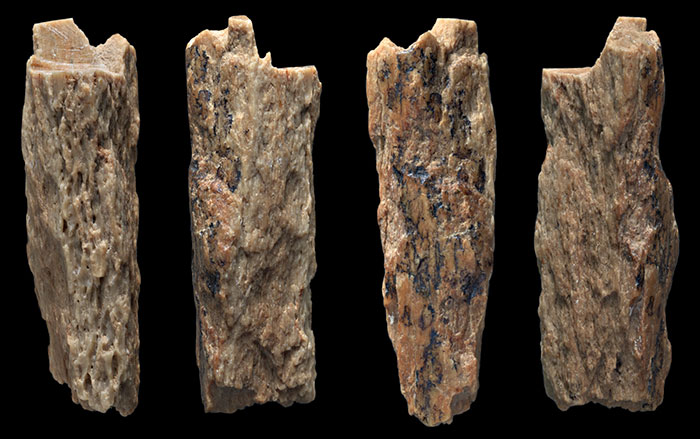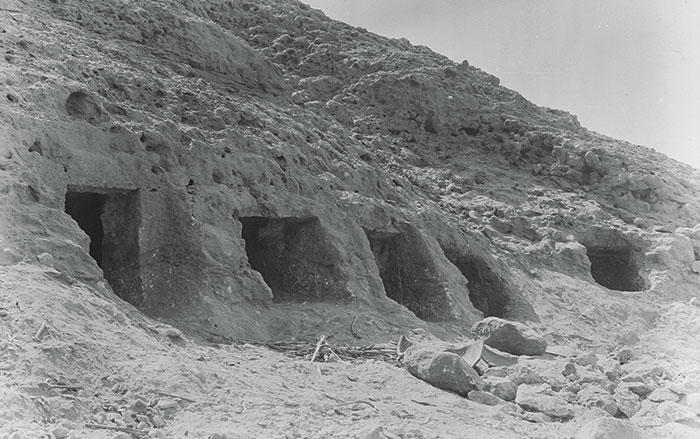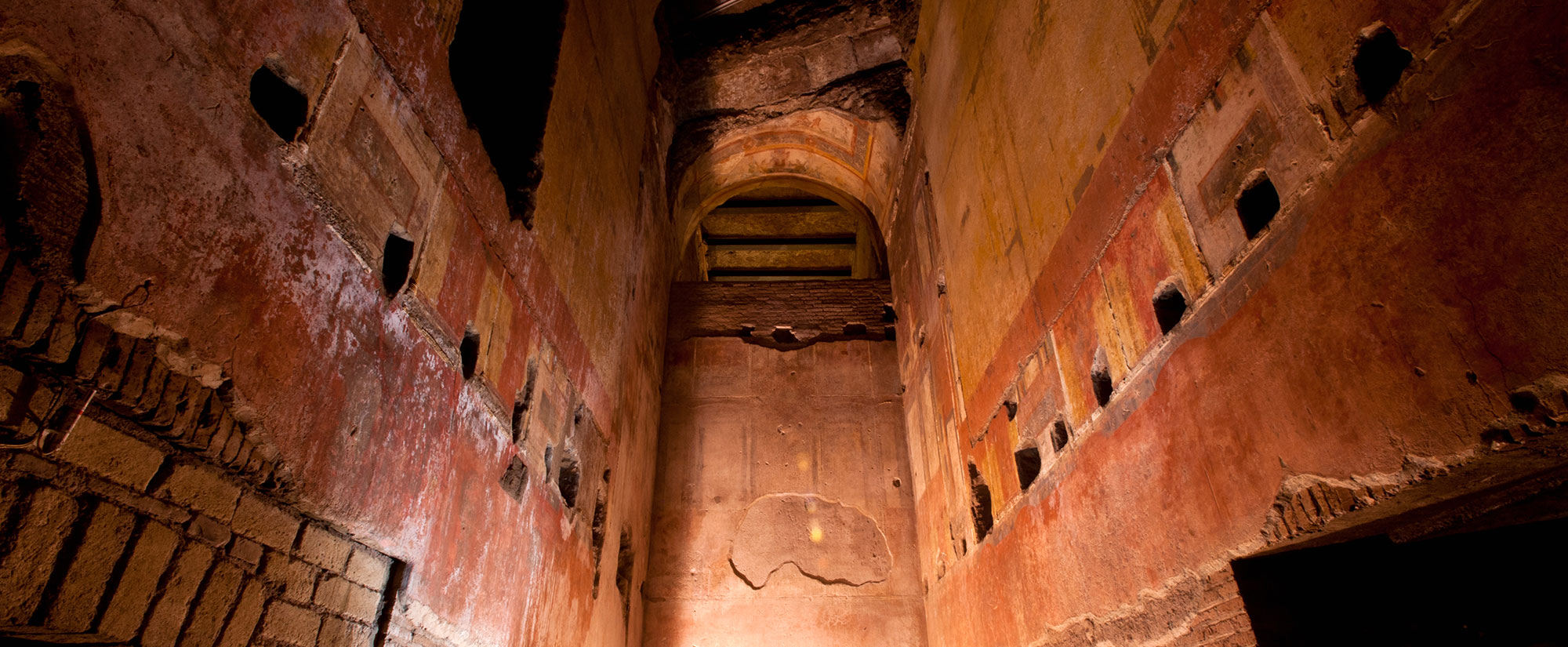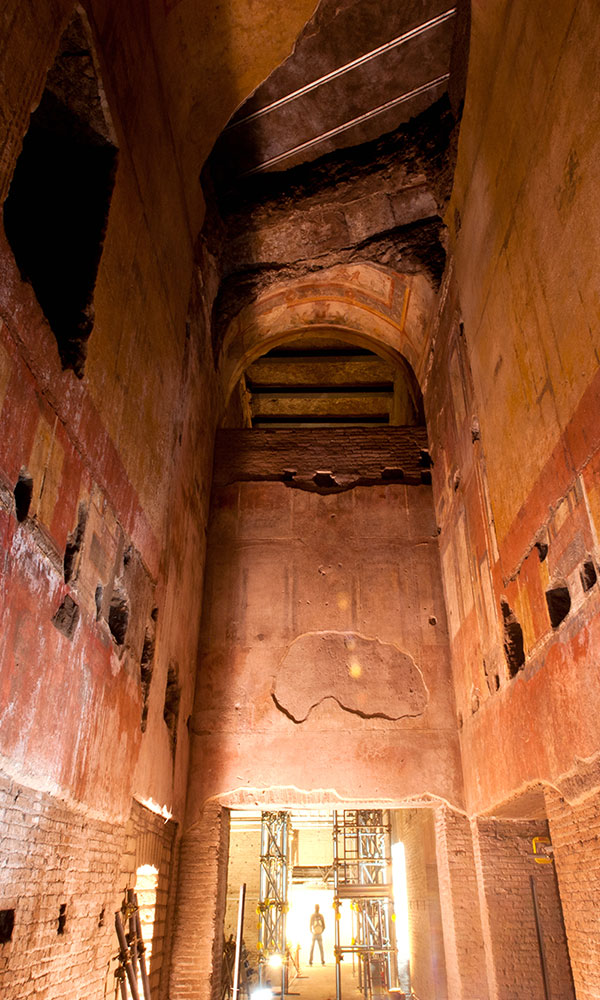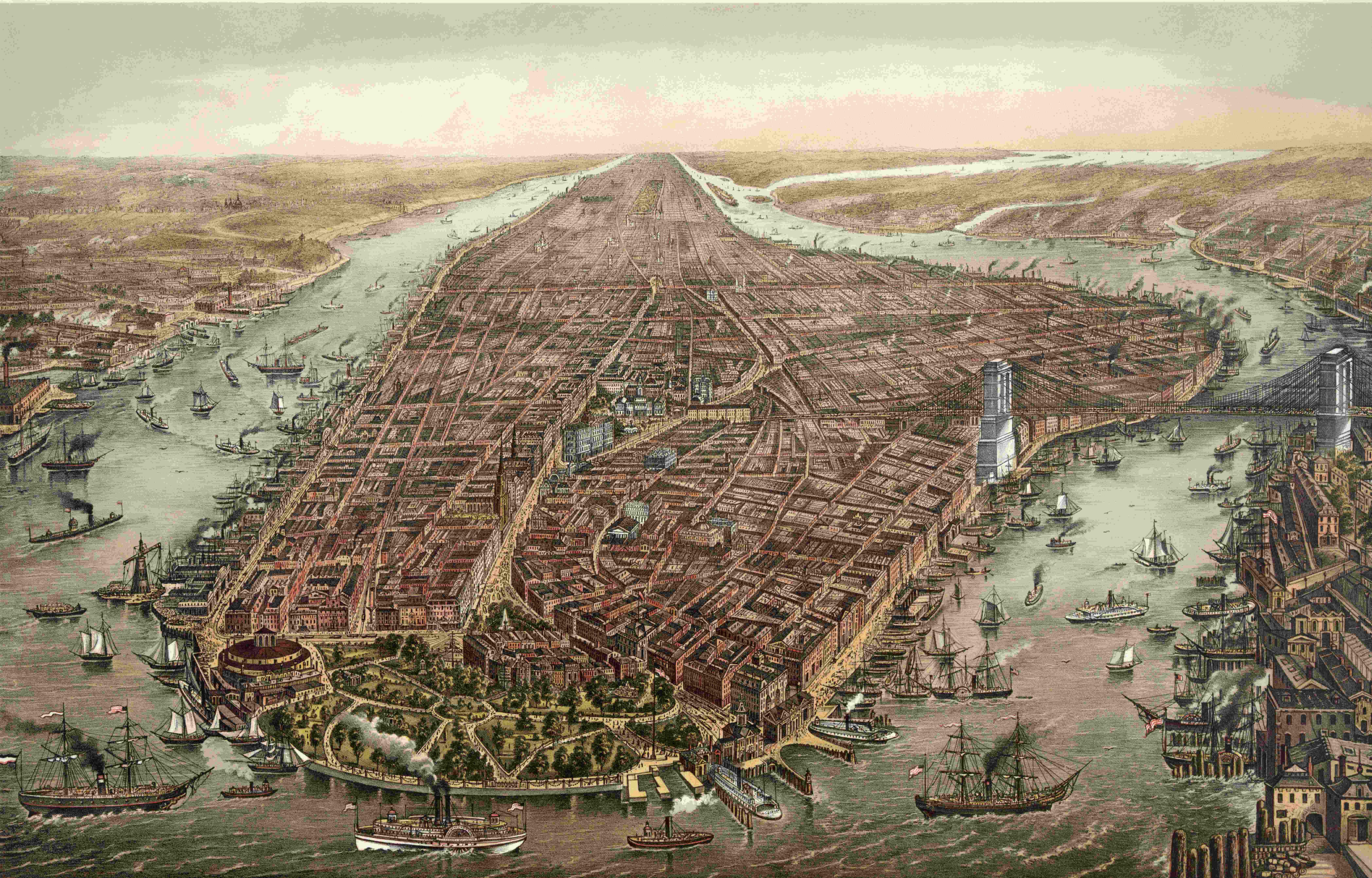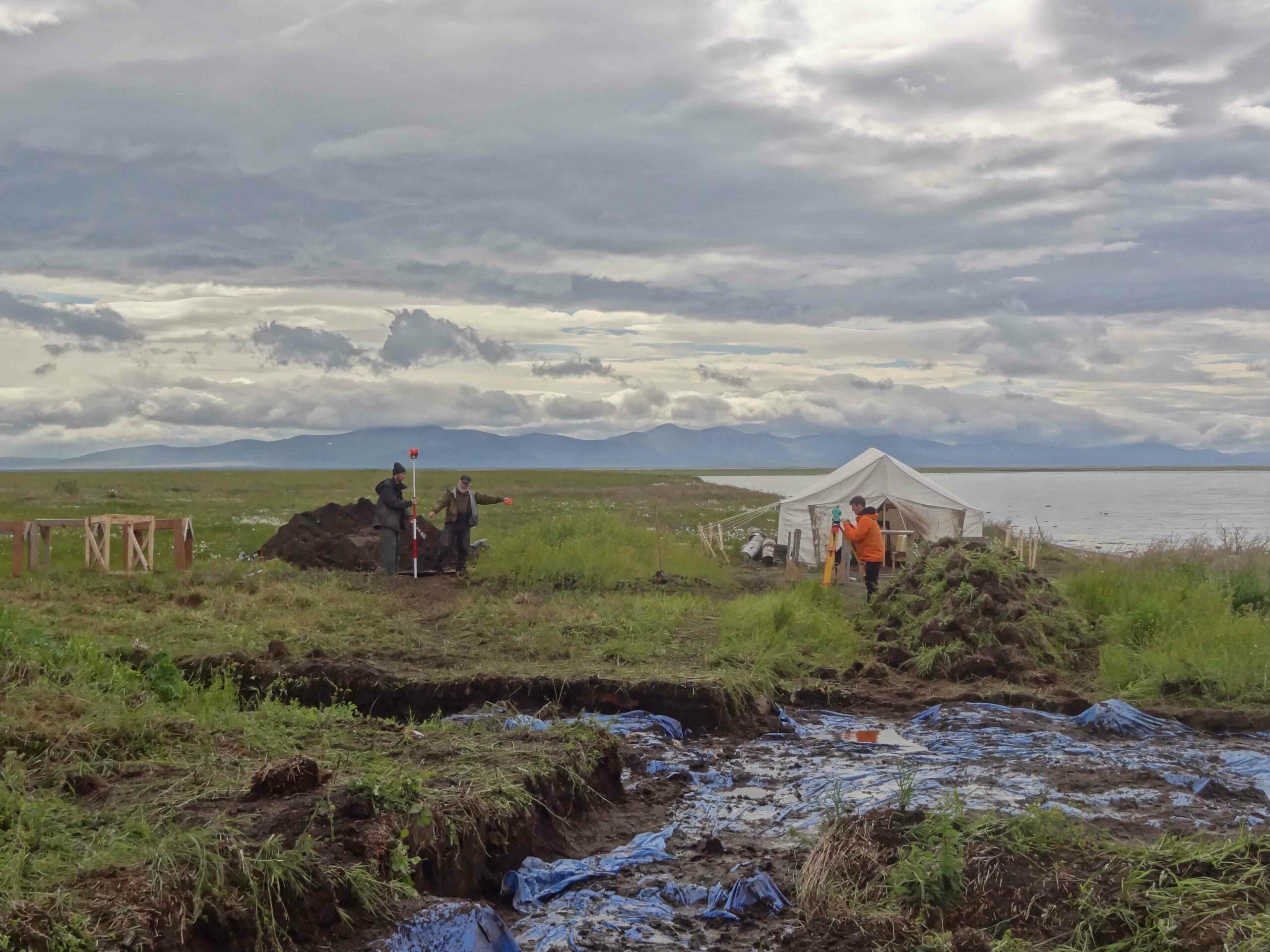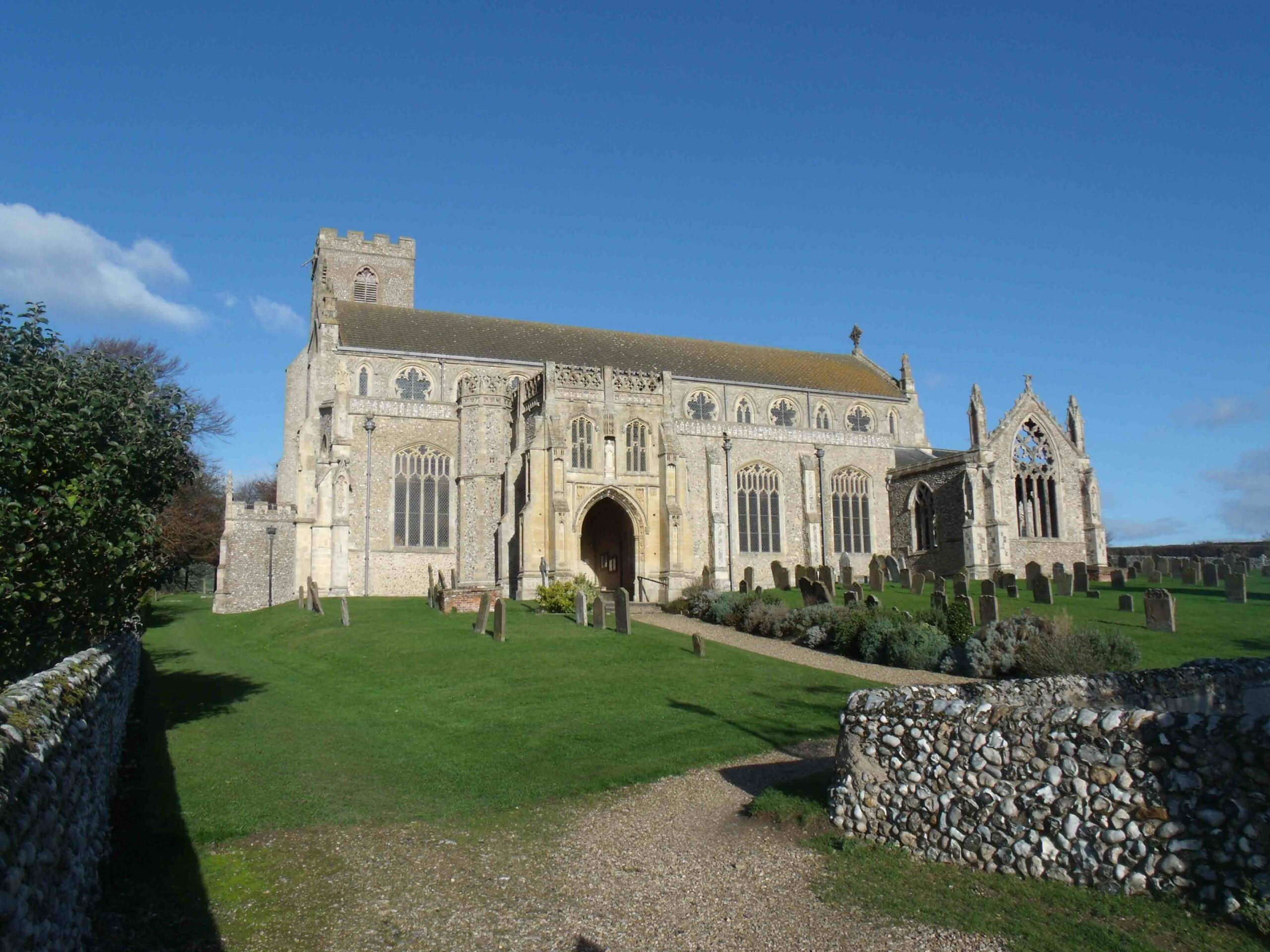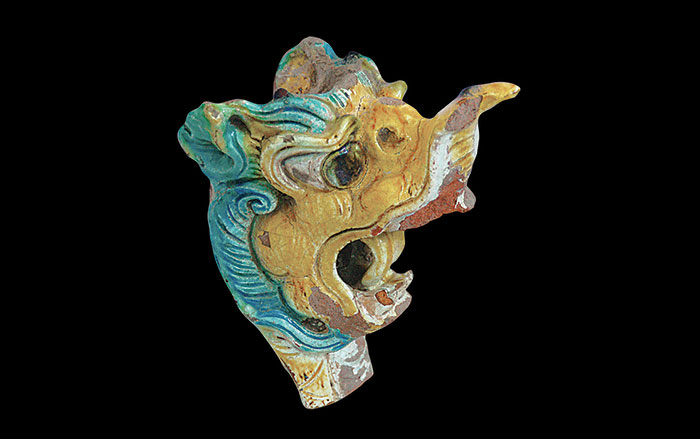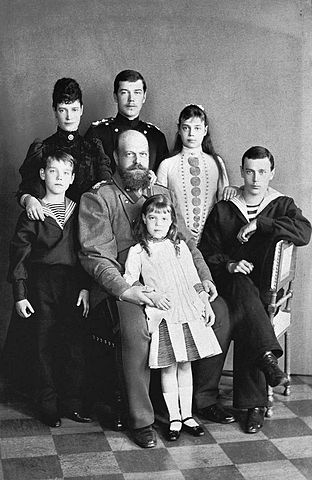
SAINT PETERSBURG, RUSSIA—Russian researchers are examining the blood-stained clothing worn by Tsar Alexander II when he was assassinated in 1881, and making plans to exhume the remains of Tsar Alexander III, located in the Peter and Paul Cathedral. Alexander III, who died in 1894, was the father of the last Romanov Tsar Nicholas II, who was killed, along with his wife and five children, during the Russian Revolution in 1918. The bodies of Nicholas II, his wife, and three of the children are thought to have been discovered in Yekaterinburg in 1991, and were reburied in Peter and Paul Cathedral in 1998. In 2007, the remains identified as Tsarevich Alexei and Grand Duchess Maria were found in another grave, and are now stored in a state archive. According to the Associated Foreign Press, the Russian Orthodox Church is insisting on further DNA testing to confirm the identity of the remains of the slain family, canonized as martyrs, before they can be buried together. To read about how forensic archaeology has been applied in Iraq, go to "Witness to Genocide."



